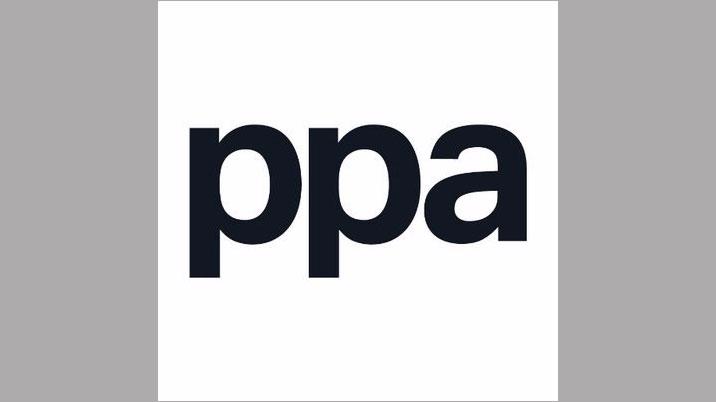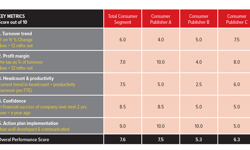
This submission, backed says the PPA, by a heavyweight economic study, urges the committee to recommend modernisation of VAT that will be allowed after Brexit.
Commenting on the submission, PPA Managing Director, Owen Meredith said: “The Committee’s inquiry is very timely and presents a welcome opportunity for us to highlight the inherent unfairness in the tax system. The print-only restriction of the current rules add unnecessary complexity to the tax system that damages consumer choice, holds back innovation and investment, and fails to meet the tests set for good tax principles.
“With political deadlock holding up tax reform in Brussels to update the tax rules, this change is a prime example of how the freedoms granted to the UK government by Brexit should be used to help consumers and boost investment in the creative industries.”
Since the introduction of Value Added Tax in 1973, magazines, journals, books and newspapers have been subject to a zero rate. This rate recognises the value of reading and journalism to civic society, this ensures VAT does not act as a disincentive to reading, and has stood the test of time over 45 years, says the PPA.
That recognition has failed to keep up-to-date with technology, and European rules currently present the extension of the zero rate across digital platforms. As consumption of journalism and magazine media moves increasingly digital, the tax system has dragged behind. Unlike their print counterparts, e-publications and similar digital products (e.g. access to the electronic version of a newspaper, magazine app subscriptions, etc) are subject to the highest rate of VAT at 20%. This is especially complex for popular combined print and digital bundled subscriptions. This unnecessarily complexity on digital platforms is stifling innovation and investment.
Through the freedoms granted by Brexit, or the passage of the proposed Council Directive on reduced VAT rates for electronic books, newspapers and periodicals, the UK will be free to update tax policy accordingly and reduce rates on e-publications to honour the intention of the policy.
Meredith added: “Magazine publishers are growing audiences and the reach of magazine media through digital platforms. The ability to properly monetise this growth and invest in the future of journalism is hampered by the tax system and needs urgent reform.
“With the Cairncross Review on the long term sustainability of the press underway, the committee has a timely opportunity to recommend reform and support innovation and investment in this vibrant and vital sector of the UK economy.”












